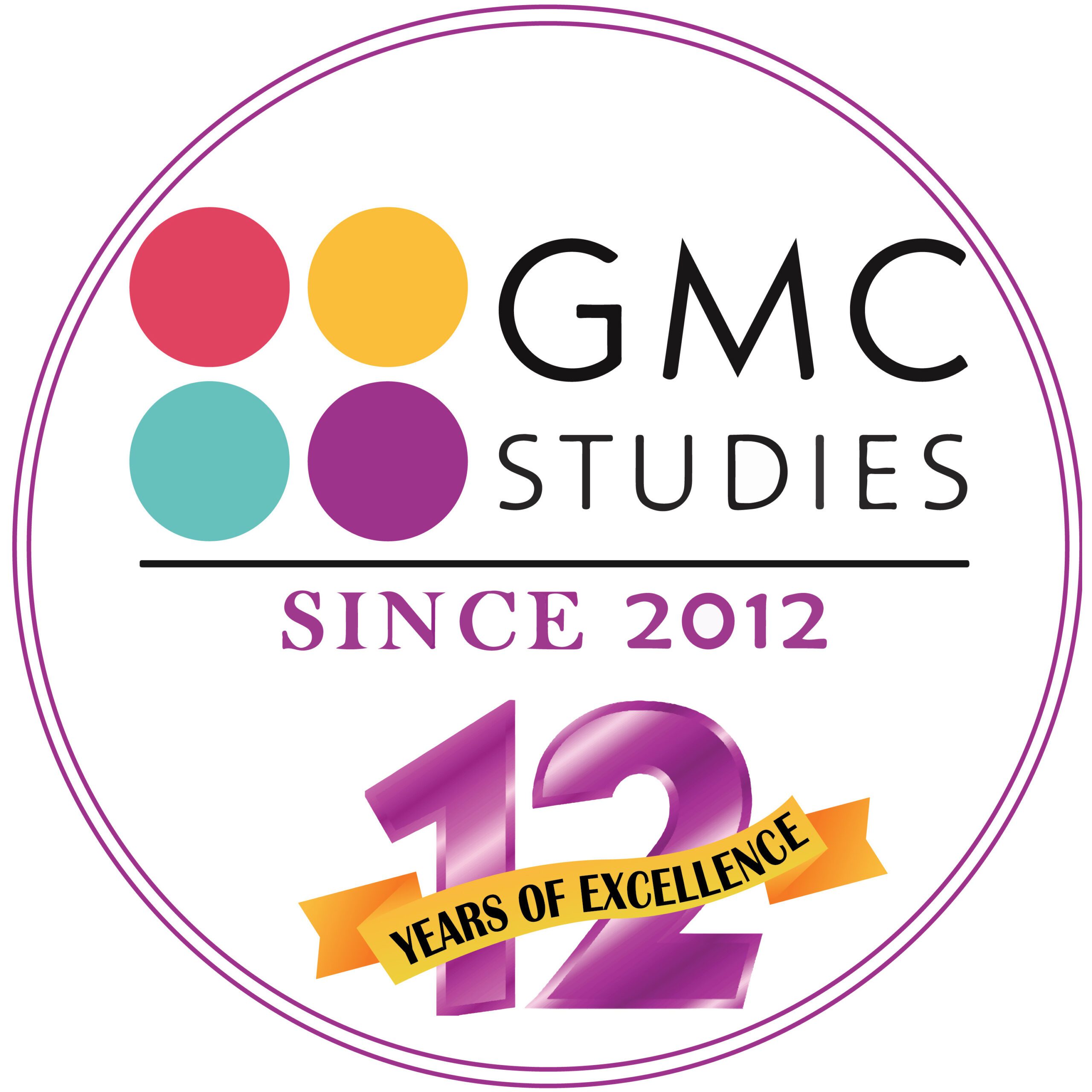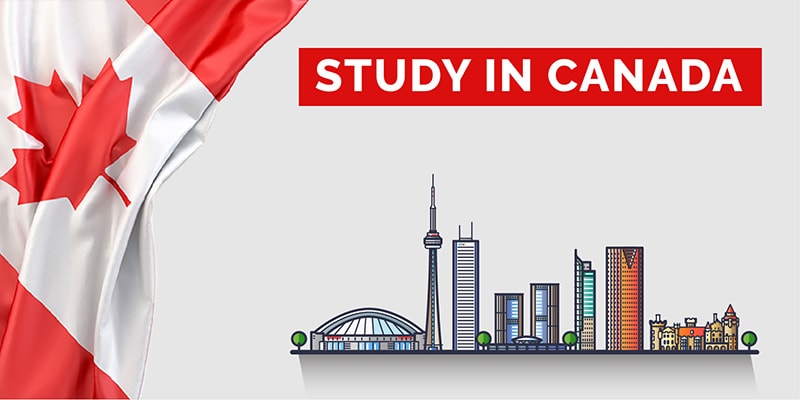Study abroad in Canada can be an exciting and life-changing experience. With its world-class education system, diverse culture, and high quality of life, it’s no wonder that Canada is a popular choice for international students. However, navigating the process of studying abroad can be overwhelming without the right guidance.
In this step-by-step guide, we will provide you with all the information you need to make your study abroad journey in Canada a success. From understanding the Canadian education system to securing your student visa, we’ll cover everything you need to know to ensure a smooth transition.
So why choose Canada for your study abroad adventure? There are several benefits that make it an attractive destination for international students:
Apply Now Study Abroad in Canada
- Quality Education: Canadian universities are renowned for their academic excellence and research opportunities. With over 200 institutions offering a wide range of degree programs, you’ll have plenty of options to choose from.
- Cultural Diversity: Canada is known for its multicultural society, providing a welcoming and inclusive environment for students from all around the world. You’ll have the opportunity to interact with people from different backgrounds and gain a global perspective.
- High Quality of Life: Canada consistently ranks among the top countries in terms of quality of life. From safe cities to beautiful landscapes, you’ll enjoy a high standard of living during your time in Canada.
- Career Opportunities: Studying in Canada can open doors to exciting career opportunities. The country has a strong economy and is home to many multinational companies, making it an ideal place to kickstart your professional journey.
Having a comprehensive guide is crucial to ensuring a smooth study abroad experience. This step-by-step guide will provide you with valuable insights and practical tips to help you navigate every stage of your journey, from choosing the right program to embracing the vibrant student life and culture in Canada.
Navigating Higher Education in Canada: A Guide to Degrees and Admissions
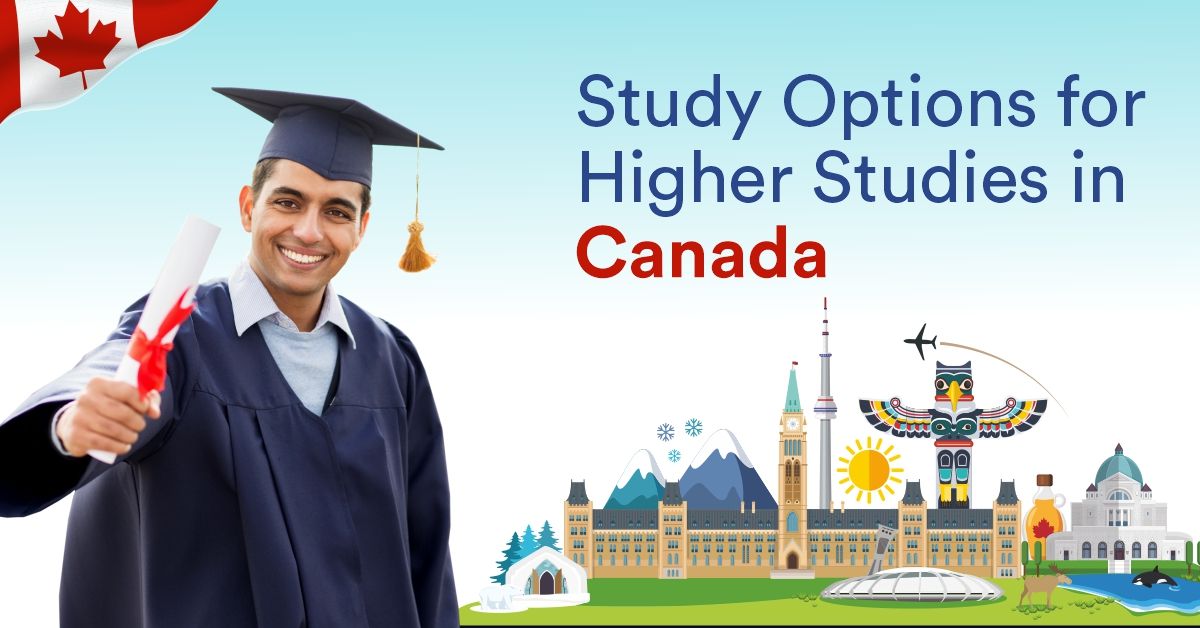
When it comes to studying abroad in Canada, it’s important to have a solid understanding of the Canadian education system. Here, we’ll provide you with an overview of the key features and different types of degrees offered in Canada.
The Canadian education system is known for its high quality and accessibility. It is divided into three main levels: primary education, secondary education, and higher education. In this section, we will focus on higher education, which includes bachelor’s degrees, master’s degrees, and doctorate degrees.
Bachelor’s Degree
A bachelor’s degree is the first level of post-secondary education in Canada. It typically takes four years to complete for full-time students. However, some programs may require an additional year or two, especially in fields such as engineering or architecture.
To be eligible for a bachelor’s degree program, students must have completed secondary education or its equivalent. Admission requirements vary depending on the university and program, but generally include a high school diploma or equivalent, English language proficiency test scores (such as IELTS or TOEFL), and sometimes specific prerequisite courses.
Master’s Degree
A master’s degree is a graduate-level degree that follows a bachelor’s degree. It usually takes one to two years to complete for full-time students. Master’s programs in Canada are research-based or course-based.
Research-based programs require students to conduct original research under the guidance of a faculty supervisor and write a thesis. Course-based programs involve coursework and may also include a research component or internship.
Admission requirements for master’s programs vary by institution and program. Generally, applicants must hold a bachelor’s degree or its equivalent from an accredited institution, meet minimum GPA requirements, submit letters of recommendation, and demonstrate English language proficiency.
Doctorate Degree
A doctorate degree, commonly known as a PhD (Doctor of Philosophy), is the highest level of academic degree in Canada. It typically takes four to six years to complete, and involves advanced research in a specific field.
Admission to a doctoral program is highly competitive and requires a master’s degree or its equivalent. Applicants must submit a research proposal, academic transcripts, letters of recommendation, and demonstrate strong research skills.
Overall, the Canadian education system offers a wide range of opportunities for international students seeking higher education. Whether you’re interested in pursuing a bachelor’s, master’s, or doctorate degree, Canada has reputable institutions that can provide you with a quality education.
Remember to check specific admission requirements for the universities and programs you’re interested in, as they may have additional criteria or prerequisites.
Preparing for Your Study Abroad Journey to Canada
When it comes to preparing for your study abroad journey to Canada, there are several important factors to consider. Here are some key points to guide you through the process:
Researching and Selecting The Right Study Abroad Program in Canada
- Start by researching different institutions of higher education in Canada. Each university has its own unique offerings, academic reputation, and resources available to students.
- Consider the location of the university. Do you prefer a bustling city or a quieter town? Think about what kind of environment will best support your academic and personal growth.
- Look into the available resources and support services offered by the institutions. This could include libraries, research centers, career services, student organizations, and more.
Factors to consider when choosing a program:
- Academic reputation: Look into the quality of education offered by different universities and their respective faculties or departments. Consider rankings, research output, and faculty expertise.
- Available resources: Think about what resources are important to you as a student. This could include access to state-of-the-art facilities, internship opportunities, or industry connections.
- Location: Consider your personal preferences and lifestyle choices. Are you interested in being close to nature or in the heart of a vibrant city? Think about how the location will impact your overall experience.
Exploring different degree programs and classes
- Canadian universities offer a wide range of degree programs across various fields of study. Take the time to explore different disciplines that interest you.
- Look into the specific classes offered within each program. Are there any specialized courses or electives that align with your academic interests?
- Consider reaching out to current students or alumni of the programs you’re interested in. They can provide valuable insights and firsthand experiences.
Choosing the right study abroad program is crucial for a rewarding academic journey in Canada. Take your time, do thorough research, and consider all the factors that are important to you.
Essential Steps to Secure Your Student Visa
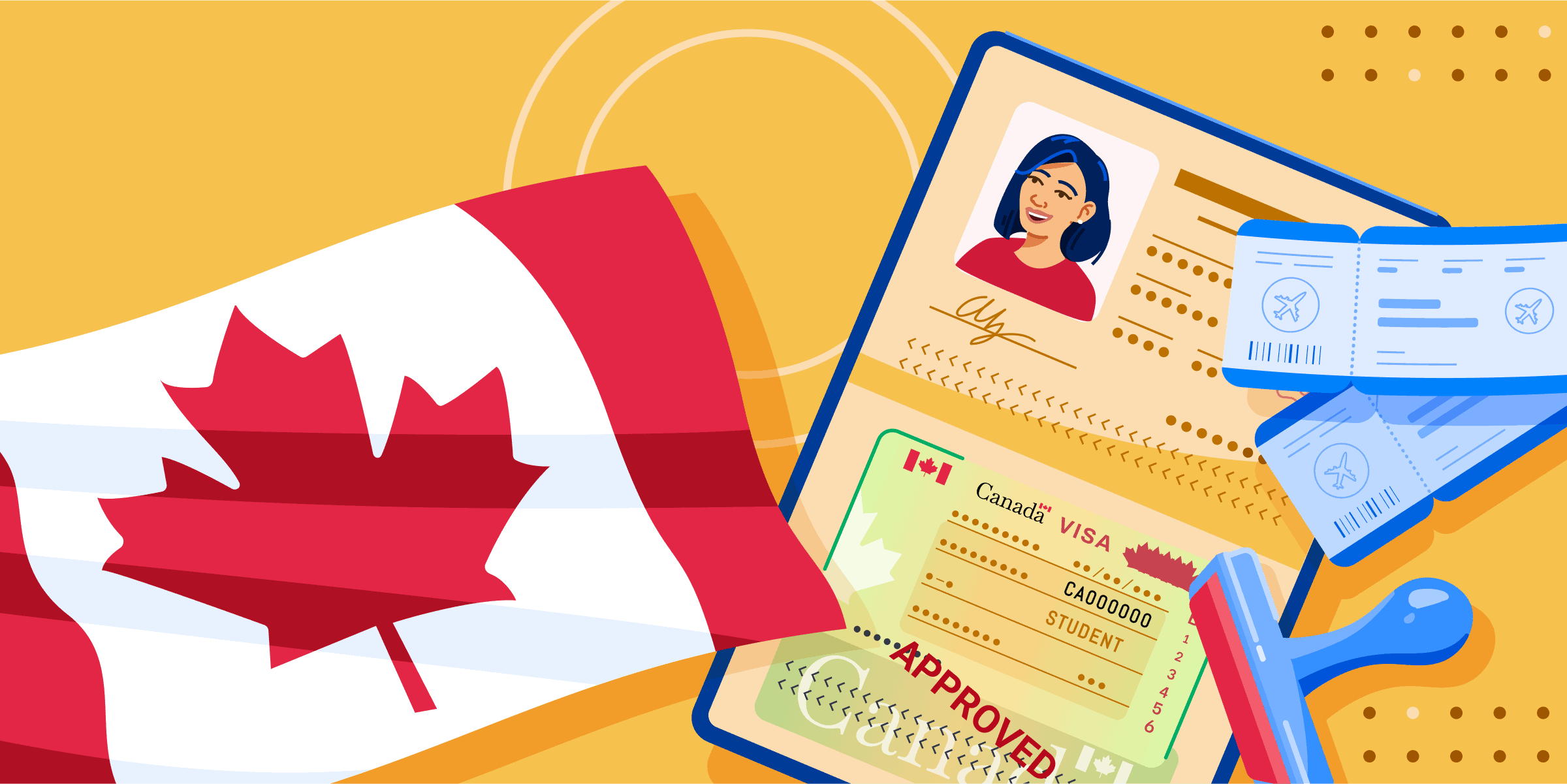
Studying abroad in Canada requires obtaining a student visa, which is essential for international students. Here are the essential steps to secure your student visa:
Step 1: Apply for a Study Permit
The first step is to apply for a study permit through the Immigration, Refugees, and Citizenship Canada (IRCC) website or the nearest Canadian visa office in your home country.
Step 2: Gather Required Documents
To secure your student visa for Canada, you will need to provide the following key requirements and documents for a successful visa application:
- Letter of Acceptance: A valid letter of acceptance from a designated learning institution (DLI) in Canada is required.
- Proof of Sufficient Funds: You must demonstrate that you have enough money to cover tuition fees, living expenses, and return transportation.
- Passport and Photos: A valid passport and recent passport-sized photos are necessary for your visa application.
- Medical Examination: Depending on your home country, you may need to undergo a medical examination to prove good health.
- Police Certificate: Some applicants are required to provide a police certificate to demonstrate good conduct.
- Statement of Purpose: A statement outlining your educational background, future plans, and reasons for choosing Canada as a study destination.
It’s important to check the specific requirements based on your country of origin as they may vary.
Step 3: Submit Your Application
Once you have gathered all the necessary documents, you can begin the visa processing journey by submitting your application and paying the required fees. Be cautious during this stage as there are certain reasons why student visas get rejected, so it’s crucial to double-check your application for any errors or omissions.
Step 4: Plan Ahead
Remember that processing times may vary, so it’s advisable to apply well in advance of your intended start date to ensure a smooth transition into your study abroad experience in Canada. In case of any study permit refusals, you can explore alternative options and seek professional guidance to increase your chances of success.
The Education System in Canada

Canada is famous for its excellent education system, which is accessible, diverse, and innovative. Here are some important things to know about the Canadian education system:
- Top-notch universities: Canada has more than 200 universities and colleges that offer a wide variety of programs and degrees. Some of the best universities in Canada are the University of Toronto, McGill University, and the University of British Columbia.
- Different types of degrees: Canadian institutions provide various degree options such as bachelor’s, master’s, and doctorate degrees. Each degree has its own requirements and duration:
- Bachelor’s degree: Usually takes 3 to 4 years to complete.
- Master’s degree: Typically requires 1 to 2 years of study after completing a bachelor’s degree.
- Doctorate degree: Involves advanced research and can take anywhere from 3 to 7 years to complete.
- Focus on academic excellence: Canadian universities prioritize research and innovation. Many have professors who are leaders in their fields. This commitment to academic excellence ensures that students receive a high-quality education that prepares them for their future careers.
- Flexible learning choices: Canadian institutions offer different ways of learning to accommodate students’ needs:
- Full-time and part-time study options
- Online or distance learning programs Students can select the format that works best for them based on their schedule and preferred learning style.
- Support for international students: Canada is welcoming to international students, with various support services available to help them adjust to their new academic environment:
- Dedicated international student offices at most institutions providing guidance on visa applications and cultural integration.
- Resources such as language support, counseling services, and student clubs/organizations specifically designed for international students.
- Multicultural campuses: Studying in Canada offers a chance for students to be part of a diverse and inclusive community. Canadian campuses are known for their multicultural environment, allowing students to interact with peers from different backgrounds and cultures.
- Designated Learning Institutions: When considering a study abroad program in Canada, it’s important to choose a designated learning institution. These institutions have met certain quality standards and are authorized to host international students. It’s crucial for prospective students to refer to the official list of designated learning institutions to ensure a smooth application process and eligibility for study permits.
Understanding these key features of the Canadian education system will help international students make informed decisions when selecting a study abroad program and institution in Canada.
Top Universities in Canada
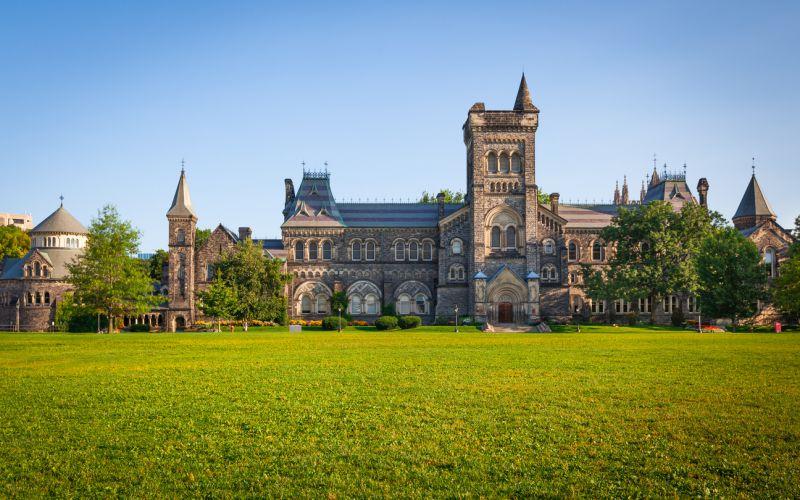
When it comes to pursuing higher education in Canada, the country is home to several esteemed universities known for their academic excellence and diverse learning opportunities. Here are some of the top universities in Canada that attract students from around the world:
1. University of Toronto
- Renowned for its strong research programs and a wide range of academic disciplines.
- Offers a vibrant campus life and access to numerous cultural and extracurricular activities.
2. McGill University (Montreal)
- Known for its prestigious medical and science programs.
- Embraces a multicultural environment, offering a rich blend of languages and cultures.
3. University of British Columbia
- Boasts a stunning campus with a focus on sustainability and environmental initiatives.
- Offers a wide array of undergraduate and graduate programs.
4. University of Alberta
- Recognized for its strong engineering and business schools.
- Provides ample opportunities for research and innovation.
5. McMaster University
- Known for its innovative teaching methods and commitment to student success.
- Offers a supportive community and diverse academic resources.
These universities not only provide top-tier education but also offer an enriching student experience with access to modern facilities, research opportunities, and a welcoming environment for international students. Choosing the right university involves considering factors such as program offerings, campus life, location, and career prospects post-graduation.
Navigating Tuition Fees and Financial Planning for International Students
Understanding the cost of education as an international student in Canada is essential for effective financial planning. Here are some key points to consider:
1. Tuition Fees in Canada
International students should be aware that tuition fees in Canada can vary significantly depending on the institution and program of study. It’s important to research and compare tuition costs across different universities and colleges to find the best fit for your budget.
2. Additional Expenses
In addition to tuition fees, international students need to account for additional expenses such as accommodation, transportation, food, books, and other miscellaneous costs. Factoring in these expenses is crucial for creating a comprehensive budget.
3. Tips for Budgeting
Creating a realistic budget is essential for managing finances while studying abroad in Canada. Consider using budgeting apps or spreadsheets to track expenses, and explore cost-saving measures such as cooking at home instead of dining out.
4. Exploring Scholarship Opportunities
Many Canadian institutions offer scholarships, grants, and bursaries specifically designed for international students. Researching and applying for these financial aid opportunities can significantly alleviate the financial burden of studying abroad.
As an international student, being proactive about understanding and managing tuition fees and living expenses is crucial for a successful academic journey in Canada. By carefully considering these financial aspects, you can make informed decisions and fully enjoy your study abroad experience.
Arriving in Canada: Accommodation, Health Insurance, and Other Considerations
When studying abroad in Canada, there are several important considerations to keep in mind as you prepare for your arrival. This section will cover the key aspects of finding suitable accommodation and understanding the importance of health insurance coverage during your study period.
Finding Suitable Housing Options
Finding suitable accommodation can sometimes be a challenge for foreign students studying in Canada. Here are some tips to help you navigate this process:
- Start your search early: Begin looking for housing options well in advance to ensure you have enough time to explore different options and make informed decisions.
- Consider your budget: Determine how much you can afford to spend on housing and consider additional expenses such as utilities, internet, and transportation costs. Some universities offer on-campus housing, while others may provide resources to help you find off-campus options.
- Explore different housing options: In Canada, you have various housing options available, including university residences, homestays, shared apartments, and renting a place on your own. Research the pros and cons of each option to find the one that best suits your needs and preferences.
- Connect with other students: Join online forums or social media groups where you can connect with other international students or local residents who may be able to provide recommendations or share experiences about housing in your chosen city.
- Read rental agreements carefully: Before signing any rental agreement, carefully review the terms and conditions, including the duration of the lease, rent payment schedule, and any additional fees or restrictions.
It’s worth noting that while finding suitable accommodation is crucial for a comfortable stay in Canada, it’s also important to maintain a positive mindset throughout your journey. Negative experiences are not representative of everyone’s study abroad experience in Canada, as highlighted by this Reddit thread where diverse perspectives are shared.
Understanding the Importance of Health Insurance Coverage
Health insurance is an essential aspect of studying abroad in Canada. Here’s what you need to know:
- Study permit requirement: To study in Canada, you will need a valid study permit. In most provinces, having health insurance coverage is a mandatory requirement for obtaining a study permit.
- Provincial health care: Canada has a publicly funded healthcare system, but coverage varies by province. Some provinces provide health coverage for international students, while others require you to purchase private health insurance. The specifics of the Canadian healthcare system can be explored further here.
- University health plans: Many universities offer their own health insurance plans specifically designed for international students. These plans typically provide comprehensive coverage for medical services, prescription medications, and emergency care.
- Private health insurance: If your province does not provide health coverage for international students or if you prefer additional coverage, you can purchase private health insurance. Websites like Arrive offer valuable insights into the nuances of acquiring private health insurance in Canada.
Remember to research and understand the specific health insurance requirements in your chosen province of study to ensure you have adequate coverage during your stay in Canada.
Embracing Student Life and Diverse Culture in Canada
Canada offers more than just a quality education; it also provides international students with vibrant student life and rich cultural experiences. Embracing student life in Canada can greatly enhance your study abroad experience and help you make the most of your time in this diverse country.
Here are some key points to consider when it comes to embracing student life and diverse culture in Canada:
- Engage in extracurricular activities: Canadian universities and colleges offer a wide range of extracurricular activities, clubs, and organizations catering to various interests. Whether you’re interested in sports, arts, community service, or other hobbies, there’s likely a club or organization for you to join. Getting involved in these activities not only allows you to pursue your passions but also helps you connect with like-minded individuals and make new friends.
- Explore Canadian culture: Canada is known for its multiculturalism, and studying in this country gives you the opportunity to immerse yourself in different cultures. Take the time to explore Canadian traditions, festivals, and cuisine. Attend cultural events, visit museums, and explore local neighborhoods to gain a deeper understanding of the diverse cultures that coexist in Canada.
- Participate in cultural exchange programs: Many Canadian universities have programs that promote cultural exchange between international and domestic students. These programs allow you to interact with Canadian students, share your own culture, and learn about theirs. Participating in these programs not only enhances your cultural understanding but also helps foster cross-cultural friendships.
- Take advantage of student support services: Canadian institutions provide comprehensive support services to help international students adjust to their new environment. These services may include academic advising, counseling, health services, career guidance, and more. Make sure to take advantage of these resources as they can greatly contribute to your overall well-being and success during your study abroad journey.
Studying in diverse and inclusive academic communities in Canada has numerous benefits. It exposes you to different perspectives, expands your horizons, and fosters a sense of global citizenship. By embracing student life and the diverse culture in Canada, you can make lifelong memories, form international connections, and develop important skills that will benefit you both academically and personally.
Remember, studying abroad is not just about the classroom experience; it’s also about the cultural immersion and personal growth that comes with it. So, be open-minded, get involved, and embrace all that Canada has to offer during your study abroad journey.
Conclusion
After exploring the various aspects of studying abroad in Canada, it is clear that this country offers a wealth of opportunities for international students. From its high-quality education system to its vibrant student life and diverse culture, Canada has everything you need to make your study abroad experience truly memorable.
As you embark on your study abroad journey, I encourage you to pursue your dreams and consider Canada as your destination. With its renowned universities, welcoming communities, and inclusive academic environments, you will be able to broaden your horizons and gain valuable experiences that will shape your future.
Remember, studying abroad is not just about gaining knowledge in the classroom. It’s also about immersing yourself in a new culture, making lifelong friendships, and discovering new perspectives. Canada provides the perfect backdrop for all these experiences.
So take the leap and start planning your study abroad adventure in Canada. The possibilities are endless, and the memories you’ll make will last a lifetime. Good luck on your journey!
